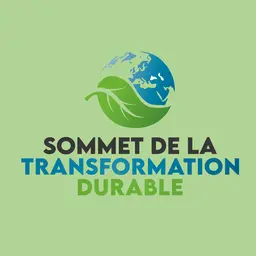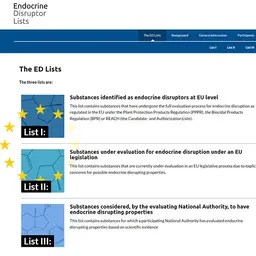
Just like every year, to conclude the Chartres regulatory congress, the whole FEBEA team (French Federation of Beauty Companies) answered all sorts of questions prepared by the congress participants over the two days of conferences. After questions related to labelling, the INCI list, and the subcontractor/prime manufacturer relationships, the debate focused on cosmetovigilance, animal testing, the declaration of establishment, and borderline products.
Cosmetovigilance
How long should data be stored?
•
How many years should the exchanges and documents between the customer service, the customers, and the regulatory affairs service be stored as part of the cosmetovigilance process?
As long as they are not anonymized, these data should be kept and accessible only to the people declared to the CNIL. Your CNIL declaration will indicate how long this information will be stored and you will mention it when you request your authorization.
This will change when the new regulation on personal data security comes into force in June 2018, but the principle of data protection and protection of the people who provide this information will remained unchanged.
As regards serious adverse effects, the data should be included in specific files – since they only deal with one person – and be stored over the whole period during which the Product File is kept, i.e. for ten years after the last product batch was placed on the market.
Types of mandatory data
•
In the event of an inspection by a non-European authority, should the product safety file contain the cosmetovigilance data of the authority’s country or data from all the markets where the …














